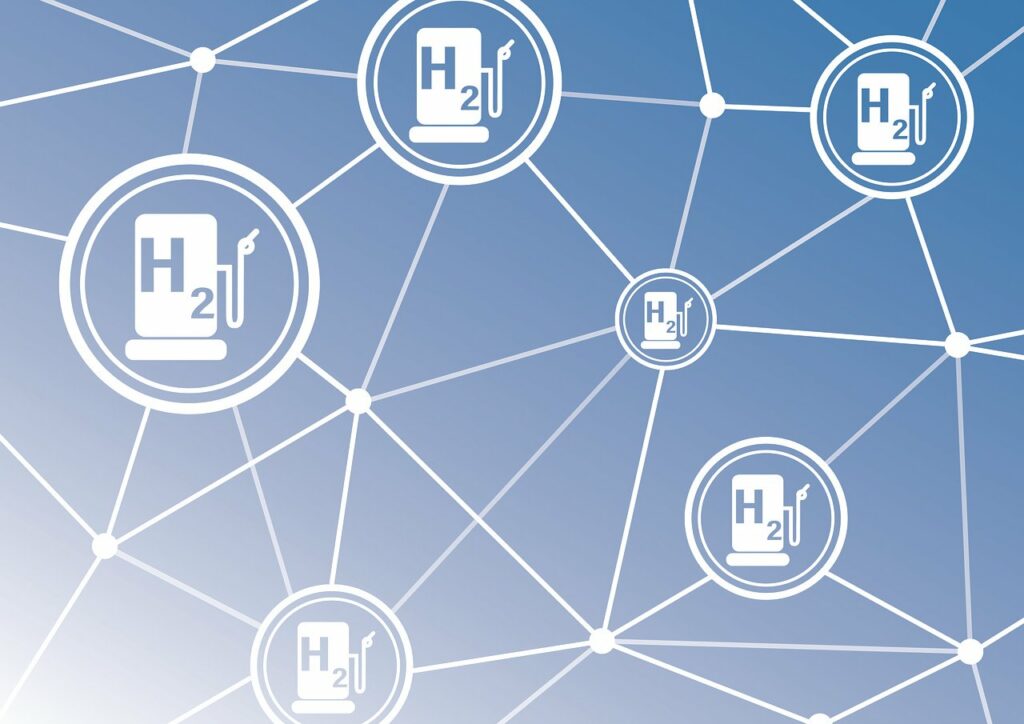E.ON, a frontrunner in sustainable energy solutions, has received a substantial funding commitment of €2.3 million from the state of North Rhine-Westphalia (NRW) in Germany.
This grant is part of the NRW state funding program aimed at bolstering the construction of hydrogen refueling infrastructure. With this financial backing, E.ON is set to kickstart the concrete planning phase of a public hydrogen filling station in Essen’s city harbor, catering to heavy goods vehicles and cars. The initiative not only fortifies hydrogen mobility in the region but also aligns with the broader agenda of transitioning towards sustainable transportation on a national scale. Furthermore, the project is poised to have a positive impact on local air quality, noise pollution, and climate preservation while enhancing the appeal of hydrogen-powered vehicles. Notably, Essen currently lacks a hydrogen filling station dedicated to heavy goods vehicles, making this endeavor a significant stride towards sustainable transportation in the area.
The Rhine-Ruhr region, a pivotal transportation hub in Germany, registers a substantial demand for hydrogen among fleet operators, especially for fuel cell trucks, necessitating robust infrastructure. E.ON’s blueprint for the planned hydrogen station includes the deployment of 350 and 700 bar pumps, enabling the refueling of all fuel cell vehicles (FCEVs) available in the market.
Hydrogen-powered vehicles are widely acknowledged as a promising avenue for curbing emissions in the transportation domain, signaling a transition towards a low-carbon future. With zero exhaust emissions, hydrogen vehicles only release water vapor during operation. Compared to electric vehicles, hydrogen-powered trucks boast rapid refueling capabilities, a critical feature for time-sensitive deliveries in logistics and heavy transport industries. Additionally, hydrogen offers a higher energy density, enhancing vehicle efficiency and load capacity. While battery-powered electric vehicles suit shorter hauls with planned charging times, the coexistence of battery electric vehicles (BEVs) and FCEVs appears plausible in the future commercial vehicle landscape.
The envisaged project is estimated to slash over 5000 tons of CO2 annually, equivalent to the emissions from a diesel truck covering the same mileage. Moreover, a specialized pump at the hydrogen filling station promises a 50% faster refueling rate compared to conventional methods for heavy goods vehicles, particularly 40-ton trucks. The total investment outlay for the project is approximately €4.6 million.





